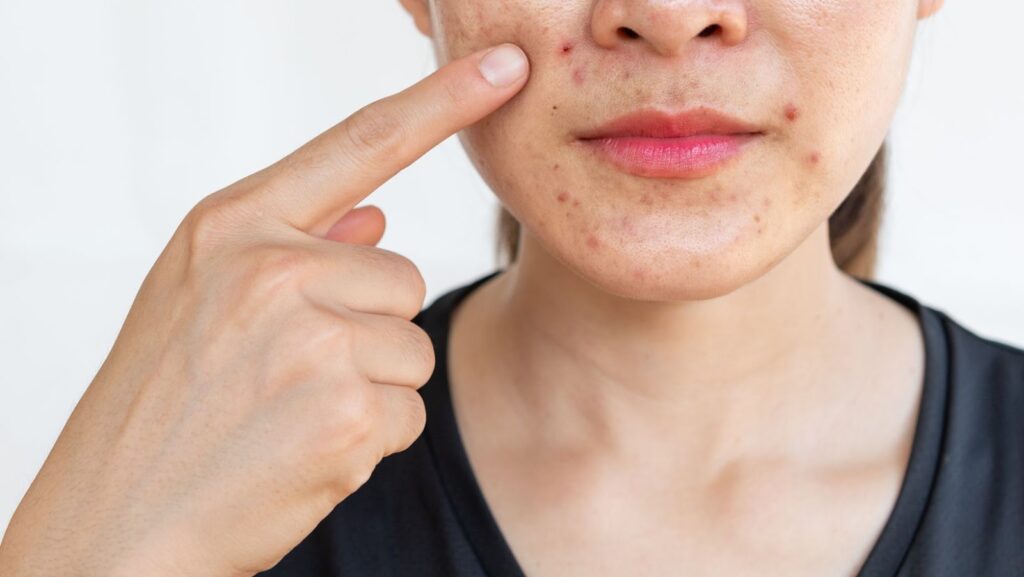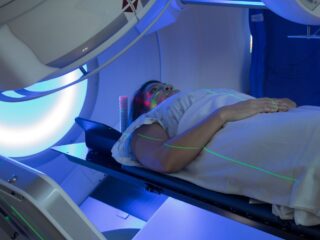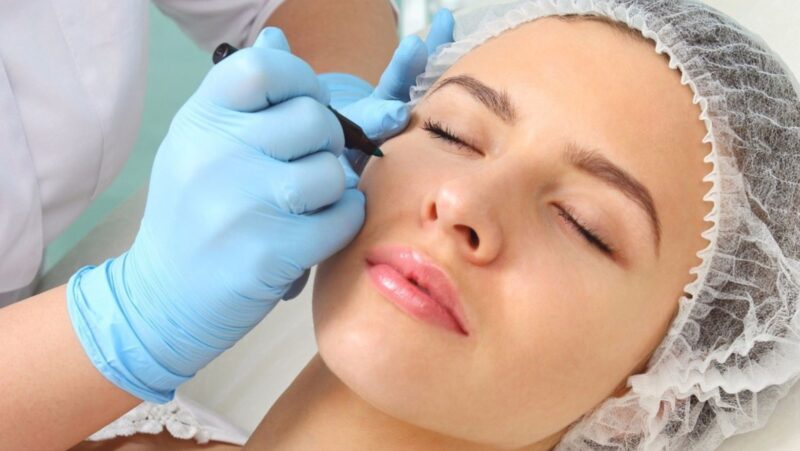
Acne is a very common skin condition that affects people of all ages. While there are many possible causes of acne, one factor that may contribute to the development of this condition is nicotine exposure.
In this article, we will explore the link between nicotine and acne, as well as possible treatments for this condition.
does nicotine cause acne
There is no definitive answer to this question as the research on the subject is limited. However, there are some studies that suggest that nicotine exposure may contribute to the development of acne. One study found that smokers were more likely to develop acne than non-smokers. The study also found that the severity of acne was greater in smokers than in non-smokers.
Another study found that people who used electronic cigarettes were more likely to develop acne than those who did not use them. This suggests that the nicotine in these products may contribute to the development of acne.
What is acne and what are the causes of it
Acne is a skin condition that occurs when the hair follicles become clogged with dead skin cells and oil from the skin. The bacteria that live on the skin can also contribute to the development of acne.
There are many possible causes of acne, including hormones, certain medications, diet, and stress. however, the exact cause of acne is unknown.
How nicotine contributes to the development of acne
Nicotine exposure may contribute to the development of acne by causing the release of certain hormones that can trigger the development of this condition. Nicotine also causes the body to produce more oil, which can clog the hair follicles and lead to the development of acne.
In addition, nicotine exposure can cause inflammation and irritation of the skin, which can also lead to the development of acne.
The effects of smoking on acne-prone skin
Smoking cigarettes can have a number of negative effects on acne-prone skin. Cigarette smoke contains a variety of harmful chemicals that can damage the skin and lead to the development of acne.
In addition, smoking can cause the body to produce more oil, which can clog the pores and lead to the development of acne. Smoking can also cause the skin to become dry, which can lead to the development of acne.
Treatment for acne
There are many treatments for acne, including over-the-counter and prescription medications. Some of the most common treatments include Benzoyl peroxide, salicylic acid, retinoids, and antibiotics. If you are concerned about your exposure to nicotine and its potential effect on your skin, you may want to talk to your doctor about possible treatments for acne.
Benzoyl peroxide, salicylic acid, retinoids, and antibiotics are some of the most common treatments for acne. You may want to talk to your doctor about possible treatments for acne if you’re concerned about your exposure to nicotine and its potential effect on your skin.
Tips for quitting smoking if you’re struggling with acne
If you’re struggling with acne and you think that nicotine may be a contributing factor, quitting smoking may help improve your skin. However, quitting smoking is not easy, and it may take some time to see results.
Here are some tips that may help you quit smoking:
• Talk to your doctor about your desire to quit smoking and ask for help.
• Make a list of the reasons why you want to quit smoking.
• Set a date to quit smoking and stick to it.
• Remove cigarettes and other tobacco products from your home and workplace.
• Avoid places where people smoke.
• Get rid of any ashtrays or lighters that you have.
• Avoid triggers that make you want to smoke, such as alcohol or coffee.
• Talk to your friends and family about your decision to quit smoking and ask for their support.
• Consider using nicotine replacement therapy, such as patches or gum.
• Seek counseling or join a support group if you’re struggling to quit smoking.












